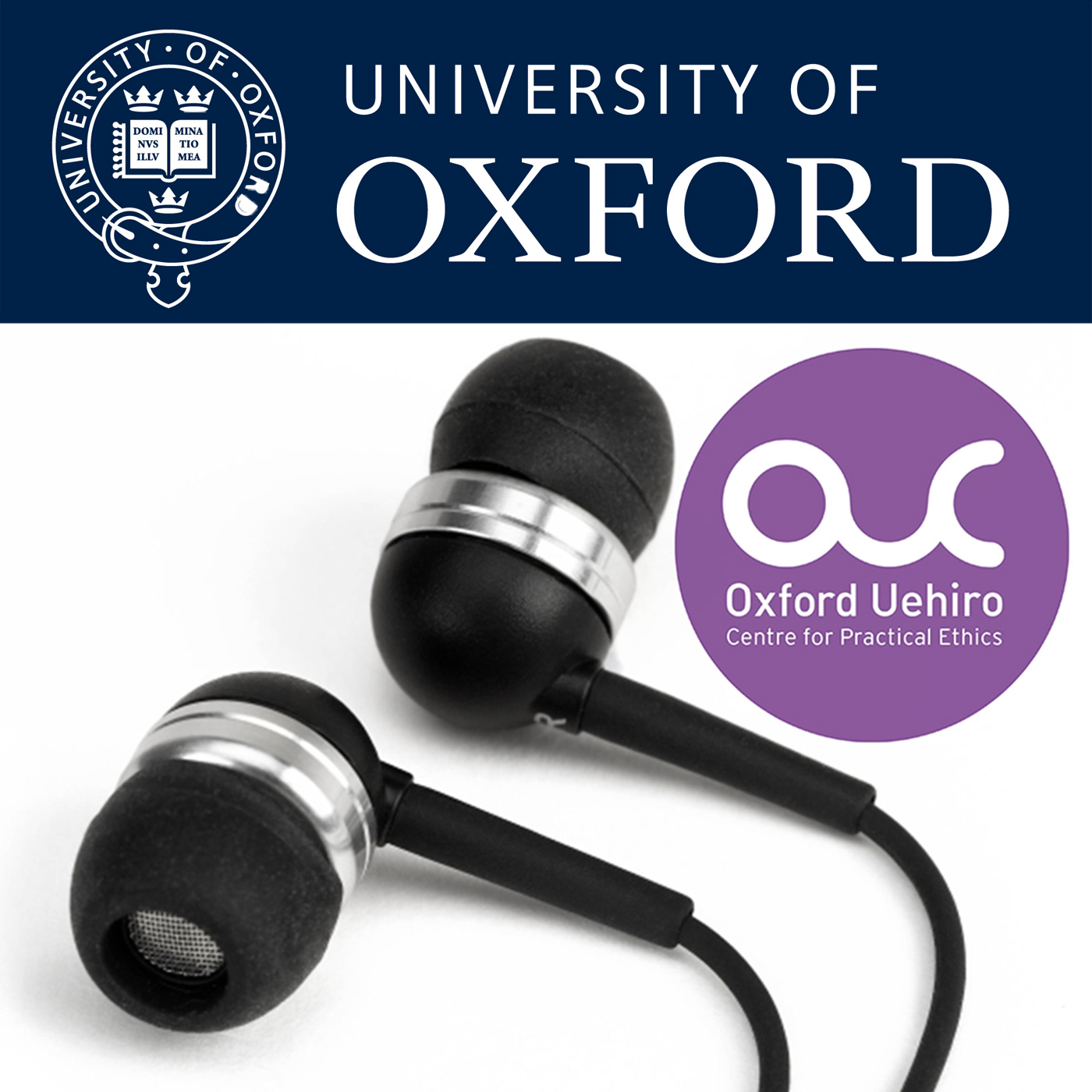Sacred Values and the Sanctity of Life
Description
OUC-Ethox Seminar. Steve Clarke discusses Ronald Dworkin's account of sacred values in his work 'Life's Dominion' and furthers the argument that the assertion 'life is sacred' is tenable by both liberals and conservatives. In his Life’s Dominion (1993) Ronald Dworkin developed an original approach to understanding public debates between liberals and conservatives about the morality of abortion and euthanasia. Conservative opponents of abortion and euthanasia usually invoke the ‘sanctity of life doctrine’ and these debates have often been characterized as turning on whether we should accept that that all human life is sacred, as this doctrine implies. However, Dworkin argued that all mainstream participants in public (but not academic) debates about the morality of abortion and euthanasia accept that life is sacred and that these public debates should be characterized as being over the relative merits of competing liberal and conservative accounts of what the assertion ‘life is sacred’ means and what follows from it. When Life’s Dominion appeared in 1993 it attracted a lot of attention, but most who attended to it, were not won over. A sticking point was Dworkin’s account of sacred values, which was idiosyncratic and unrelated to any of the existing treatments of sacred values, due to theologians, anthropologists, or psychologists. Here I offer a qualified defense of Dworkin. I’ll argue that recent work on sacred values, in anthropology, psychology and neuroscience, gives us good grounds for thinking that the view that life is sacred is held by very many liberals, as well as by mainstream conservatives, and that it is plausible to characterize public debates about abortion and euthanasia as turning on the relative plausibility of competing accounts of what the assertion ‘life is sacred’ means.
More Episodes
A St Cross Special Ethics Seminar, recorded at St Cross College, Oxford in February 2024. Demandingness objections have become a stock argument in ethics claiming that single moral demands or entire moral theories must be given up or altered if they ask too much of agents. But can we clearly...
Published 03/28/24
Professor Predrag uses a comparison of money and morality to explore the mutual relationship between morality and personality. To clarify the tension that exists between morality and personality, Cicovacki opens his talk by comparing the development of the money economy and morality. Money and...
Published 11/09/23
Professor Mark Coeckelbergh considers whether AI poses a risk for democracy n this St Cross Special Ethics Seminar Cases such as Cambridge Analytica or the use of AI by the Chinese government suggest that the use of artificial intelligence (AI) creates some risks for democracy. This paper...
Published 03/13/23


